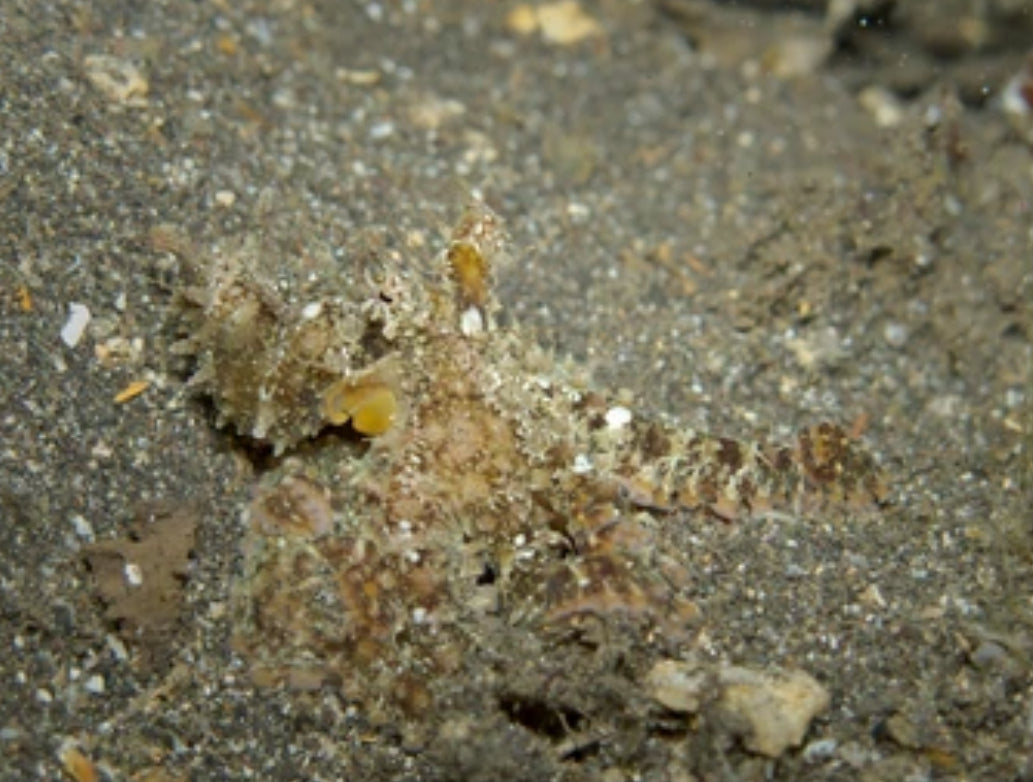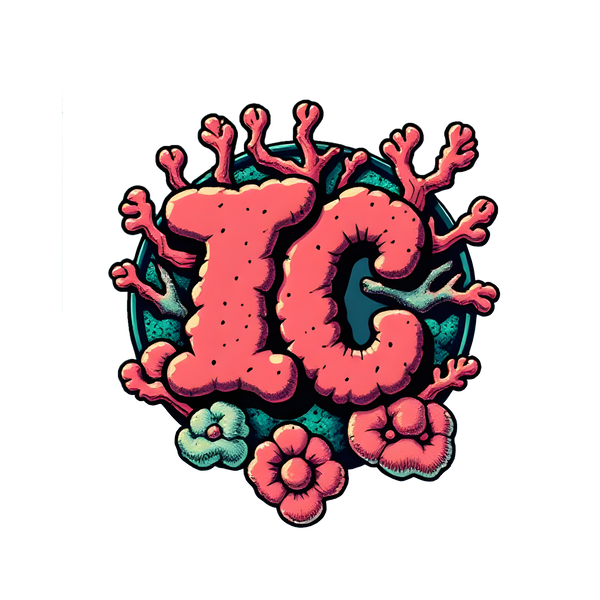
National Creativity Day: Meet the Master of the Arts Under the Sea; The Octopus
Happy National Creativity Day from all of us at Immoral Coral!
When it comes to intelligence and creativity beneath the waves though, octopuses are in a league of their own. These remarkable sea creatures have captivated scientists and ocean lovers alike with their ability to solve complex problems and adapt to their surroundings in extraordinary ways. From escaping tricky situations to using objects in their environment, octopuses demonstrate a level of ingenuity that challenges what we typically expect and observe from marine life.
One of the most fascinating aspects of octopus creativity is their skill for camouflage. They can change the color and texture of their skin to blend seamlessly with rocks, coral, and seaweed. This is not just about survival, it is a sophisticated form of artistic expression and communication. By manipulating their appearance, octopuses can send signals to other creatures or simply disappear from view when startled or danger approaches, showing a thoughtful awareness of their environment.
Beyond their appearance, octopuses also use tools in ways that seem almost human. For example, some have been observed collecting coconut shells and assembling them as portable shelters. This ability to use objects for protection reveals advanced thinking and foresight. Their playful nature means they often explore their tanks or natural habitats, engaging in behaviors that show curiosity and even creativity, such as rearranging shells or solving puzzles designed by researchers.
What makes octopuses especially fascinating is their combination of intelligence and creativity in an alien form. With no bones and a unique body structure, they show that creativity can thrive in many forms of life, not just those relative to humans. Watching an octopus at work or play is a reminder that the ocean is full of surprises, and sometimes, the most creative minds are found in the most curious of places.
Fun fact while researching octopodes;
If you ever find yourself wondering about the plural form of octopus, you are not alone. The most common plural is octopuses, which follows standard English rules by adding es. Some people use octopi, thinking it is a Latin plural, (such as myself before some deeper diving(pun intended)) but since octopus comes from Greek, this is technically incorrect. Though still widely accepted in casual conversation. For the linguistic purists, octopodes is the true plural in ancient Greek, but you will seldom see this outside of specialized texts. So, whether you say octopuses, octopi, or octopodes, you are talking about one of the ocean’s most intelligent and fascinating creatures.
Here at Immoral Coral we all believe in the creativity and conservation of others. Without others with the same mindset, we may have never gotten to know just how fascinating our sea life truly is. If octopuses have shown us anything, it is that the ocean is full of life, intelligence, and creativity worth protecting. These incredible creatures rely on healthy reefs for food and shelter, but those reefs are disappearing due to pollution, warming waters, and human impact.
By shopping Immoral Coral you are directly supporting reef restoration projects, local volunteers, and simply making more sustainable choices, we can help rebuild the homes that marine life depends on. When we protect coral reefs, we are not just saving ecosystems, we are preserving the vibrant and mysterious world that creatures like the octopus call home.
